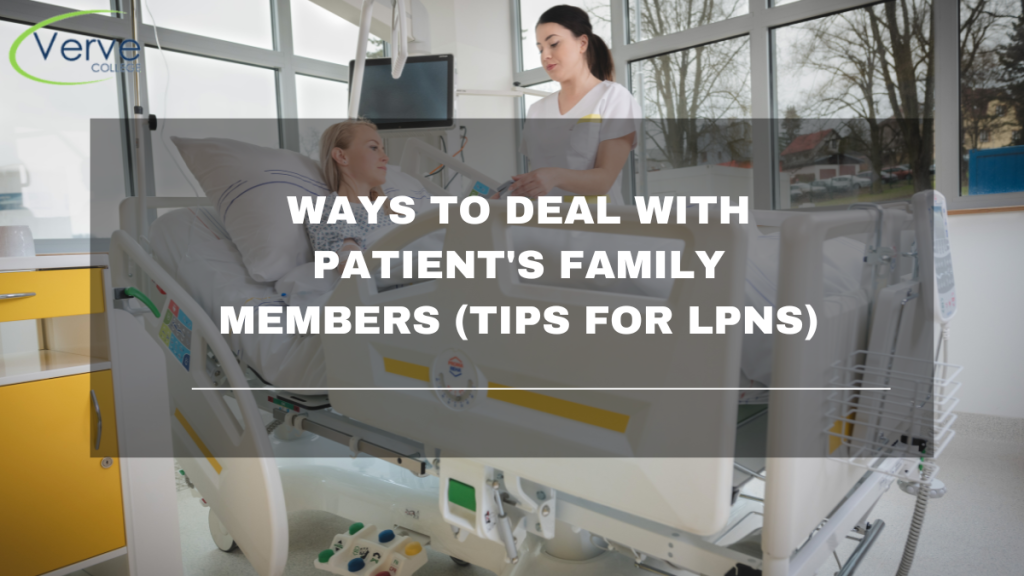- Oak Brook:(630) 705-9999
- Chicago:(312) 920-8822
- Email:inquiry@vervecollege.edu
- Make a Payment
- Home
- Programs
- Admission
- Resources
- ATI Entrance Exam Resources
- New E-Digital Library
- Refer a Friend
- School Newsletter
- Events
- Employers
- Job-Network
- Alpha Beta Kappa Candidates
- Verve College Library
- Graduation and Pinning Ceremony Photo Galleries
- Textbook Information
- Career Services
- Tutoring
- School Catalog
- FAQ
- Constitution Day Program
- Alumni
- Verve College Plans
- Financial Aid
- HEERF Reporting
- Satisfactory Academic Progress
- Apply For Financial Aid
- Net Price Calculator
- Return of Title IV Funds (R2T4)
- Financial Aid Office Code of Conduct
- Contact
- FAQs
- Verification Policy
- Vaccination Policy
- Student Right-to-Know Act
- Misrepresentation
- Information Security Program
- Academic Award Year
- Availability of Employee
- Cost of Attendance
- Health & Safety Exemption Requirement
- Students Rights and Responsibilities
- Leave of Absence
- Pell Formula
- Military Students
- Grants/ Scholarship Policy
- Contact Us
- Login
- Testimonials
- Blog
Is a Nursing Career Right For You?
Take The Free Quiz
Ways To Deal with Patient’s Family Members (Tips for LPNs)
Ways To Deal with Patient’s Family Members (Tips for LPNs)
As soon as you become a licensed practical nurse, for healthcare systems, it’s difficult enough to keep track of the patient’s medical history, care plans, medications, lab results, allergies, and vitals. You also need to use your critical thinking skills to identify potential problems and assess them during your nursing job. Add in a difficult family situation, and your shift becomes hard.
Family members may be verbally abusive, insensitive or come to the healthcare facility intoxicated, causing chaos.
Here are some strategies that you can use to get through clinical hours with “high-needs family” situations.
Set Realistic Expectations And Be Honest
Once you’re done with the report, in a skilled nursing facility, and you know that you have a family member with higher needs, you should go to this room.
Be realistic about your expectations, but be flexible. It is impossible to predict when an emergency might arise with one of your patients during your healthcare career and clinical practice. You can’t predict outcomes as health nurses in a clinical setting.
Spend More Time Communicating
As healthcare professionals, begin by looking at your patients. Make sure they are safe and stable with hands-on training. Keep them informed. Next, prepare your medications and supplies. Get your computer on wheels. Then head to the “difficult room.” Be patient, take your time in this clinical experience, and explain why you are doing what you’re doing. Give them a rough plan for the day by reviewing lab reports, pending tests, and doctor’s orders.
As health care professionals, List all their questions and concerns and post them on the whiteboard. It works for nursing careers!
Related:-Nursing School: Relationship Maintenance Tip for LPNs
Make Small Talk
When performing your LPN nursing home job, spend time with your family during your shift to show them you care. Ask them about their favorite sports teams and their patients if they are able to share funny stories or memories. Also, ask about their pets.
To help people relax during this nursing experience, don’t be afraid of using sarcasm or cracking a few jokes. Families might feel anxious, scared, or unsure.
Set Your Boundaries
There may be instances at medical facilities where family members are not being respectful of the healthcare administration. Set boundaries and be firm with yourself and your team. Perhaps some bedside guests are making insensitive comments about you, being aggressive, calling out your name, cursing at or calling you names.
Understandably, people sometimes need to vent and express their frustrations in a healthcare setting. This doesn’t mean that you should be a punching bag and cursed all day while still trying to care for your patients while offering healthcare services.
Learn how to communicate respectfully when you are in a situation where you are crossing a line. You can say something like, “I won’t allow myself to be treated or spoken to in this manner.” I want to protect your loved ones and take care of them.
Include The Family in Patient Care
Family members and loved ones of patients may feel helpless or stressed during a hospital stay. As a nurse, during clinical rotations, you can spend extra time while offering care to patients to teach and empower them.
Even the smallest tasks on the clinical site can be important. You can assign them tasks as the nursing staff, such as elevating their legs with pillows and ensuring their head is at the right level.
As your patient nears discharge, Being the nurse educator for patient safety and essential care, you can educate the family about patient care tasks they might perform at home. You will not be able to go home with the patients, but they will.
Conclusion
You and the patient’s loved ones should share the same goal: care for patients. These difficult family situations in the medical field can be taken one day at a time, hourly, minutely, and shift at the same time with nursing skills during clinical training or in the nursing profession. This is what you have been preparing for as nursing students being a part of the nursing education during your weekend nursing programs in the nursing field. Put yourself in their shoes and remember they may have the best intentions. Isn’t this what we learn in an LPN Programs?
 Sign up
Sign up Login
Login




